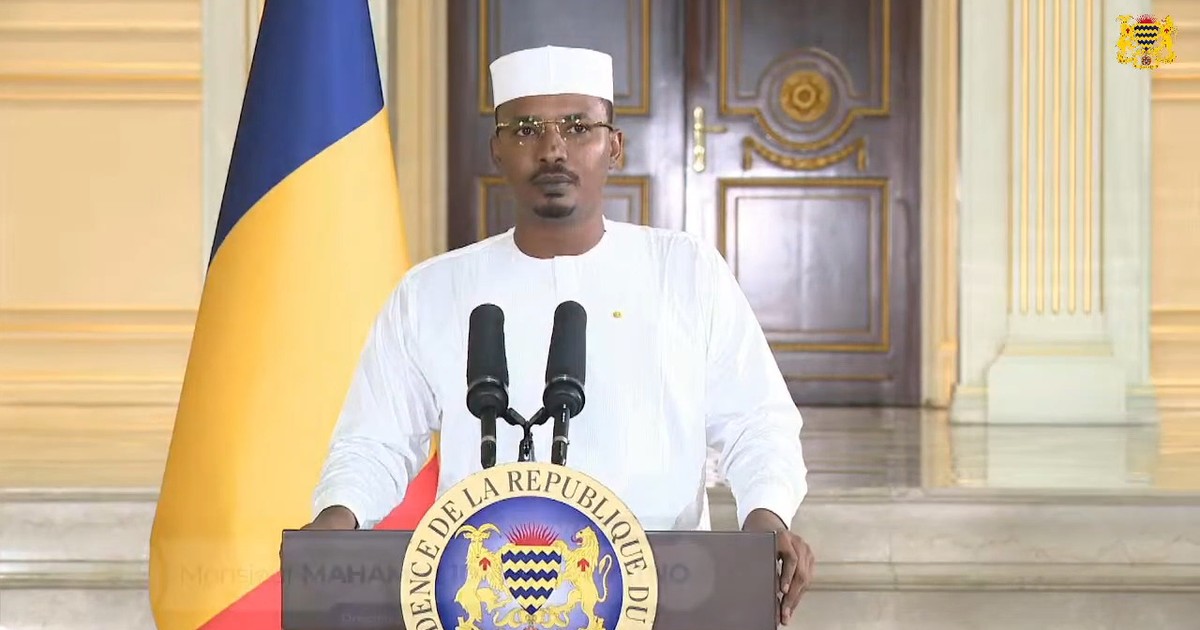Chad’s Environment Minister, Hassan Bakhit Djamous, announced the termination of African Parks Network’s (APN) operations, citing “a resurgence of poaching, lack of investment in infrastructure and anti-poaching efforts,” and “recurring irreverence shown towards the government of Chad.”
The decision effectively ends APN’s management of two major conservation areas in the country.
APN, which manages 22 parks across 12 African countries, including Angola, Malawi, and Zambia, confirmed the termination, stating it had “initiated discussions with the ministry to understand the government’s position and explore the best possible way forward.”
Prince Harry, who joined the charity’s governing board in 2023 after seven years of involvement, has not publicly commented on the issue.
The development marks another controversy for the Duke of Sussex’s charitable profile. Earlier this year, he stepped down from his role at Sentebale, an organization he co-founded to support children affected by HIV/AIDS in Lesotho and Botswana.
The fallout in Sentebale followed a public dispute with its chairperson, Sophie Chandauka, who accused the trustees of bullying and racism. Britain’s charity regulator later said it found no evidence to support the claims.
Chad’s Decision Reflects a Broader Shift
Chad’s move comes amid a broader regional pivot away from Western partnerships, particularly among countries in Africa’s Sahel region where military-led governments are increasingly asserting sovereignty over domestic affairs.
The decision mirrors similar trends seen in Mali, Niger, and Burkina Faso, now aligned under the Alliance of Sahel States (AES), which have expelled French troops and restricted Western NGOs in favor of partnerships with Russia, China, and Middle Eastern nations.
Analysts say Chad’s decision to cut ties with APN may be partly influenced by this shifting geopolitical environment, as governments in the region seek to redefine cooperation models perceived as neocolonial.
While Chad remains officially outside the AES bloc, its recent policies including closer coordination with military-led neighbors and reduced Western engagement, signal a slow but visible realignment.
Observers suggest that Western-backed conservation and development organizations may face heightened scrutiny across the Sahel as governments demand greater accountability, transparency, and local control.

